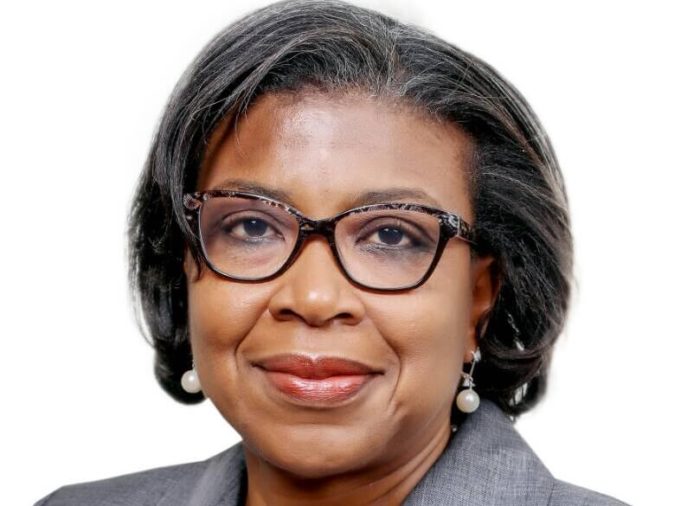Nigeria’s Public Debt Rises By N2.38trn In Three Months To N31trn – DMO
Nigeria’s total public debt stock increased from N28.628trn ($79.303bn) as of March 31, 2020 to N31.009trn ($85.897bn) by June 30, 2020, statistics released by the Debt Management Office (DMO) has said.
The increase in the debt stock by N2.381trn or $6.593bn was
accounted for by the $3.36bn Budget Support Loan from the International
Monetary Fund, new domestic borrowing to finance the revised 2020
Appropriation Act including the issuance of the N162.557bn Sukuk, and
Promissory Notes issued to settle claims of exporters.
Advertisement
The DMO said it expects the public debt stock to grow as the balance of the new domestic borrowing is raised and expected disbursements are made by the World Bank, African Development Bank and the Islamic Development Bank which were arranged to finance the 2020 Budget.
It will be recalled that the 2020 Appropriation Act had to be revised in the face of the adverse and severe impact of COVID-19 on Government’s Revenues and increased expenditure needs on health and economic stimulus amongst others.
Additional Promissory Notes are expected to be issued in the course of the year, this, and new borrowings by State Governments are also expected to increase the public debt stock.
The debt accumulation is coming at a time when key government officials in the Economic Management Team had repeatedly defended the country’s debt level, arguing that it is still within sustainable limit.
Advertisement
The Minister of Finance, Budget and National Planning, Mrs Zainab Ahmed had insisted that Nigeria does not have a debt problem.
She had said what the government needed to do was to increase it’s revenue generating capacity in order to boost revenue to about 50 per cent of Gross Domestic Product.
The finance minister had said, “Nigeria does not have a debt problem. What we have is a revenue problem.
“Our revenue to GDP is still one of the lowest among countries that are comparable to us. Its about 19 per cent of GDP and what the World Bank and IMF recommended is about 50 per cent of GDP for countries that are our size. We are not there yet. What we have is a revenue problem.”
But the finance minister’s position differs with that of some economic experts who had said that the huge borrowings portend danger for the economy.
Advertisement
For instance, the Managing Director/Chief Executive Officer Cowry Asset Management Ltd, Johnson Chukwu had said the Federal Government’s current fiscal position constrained it from embarking on such huge expenditure as a result of accumulated large deficits over the past few years.
He said the huge debt is a burden for the economy, adding that time had come for Nigeria to begin to seek for debt relief from its creditors.
He said, “The problem will however be how much budget deficit the government can run without a negative inflationary impact.
“The deficit in the amended budget submitted to the National Assembly is already about N5.08trn, almost 100 per cent of the projected revenue of N5.1trn.
“However, there is need for Nigeria to seek debt relief from her multilateral creditors particularly at this time when the creditors are willing to consider some form of forbearance to weak economies due the coronavirus pandemic.”



